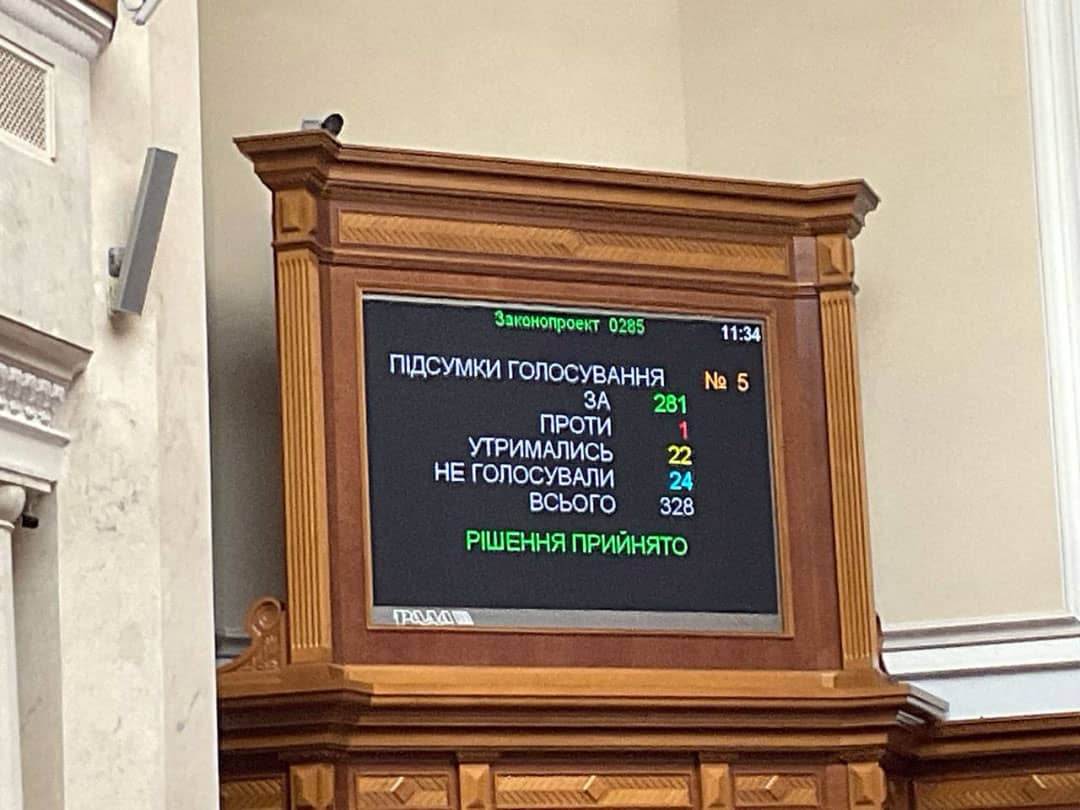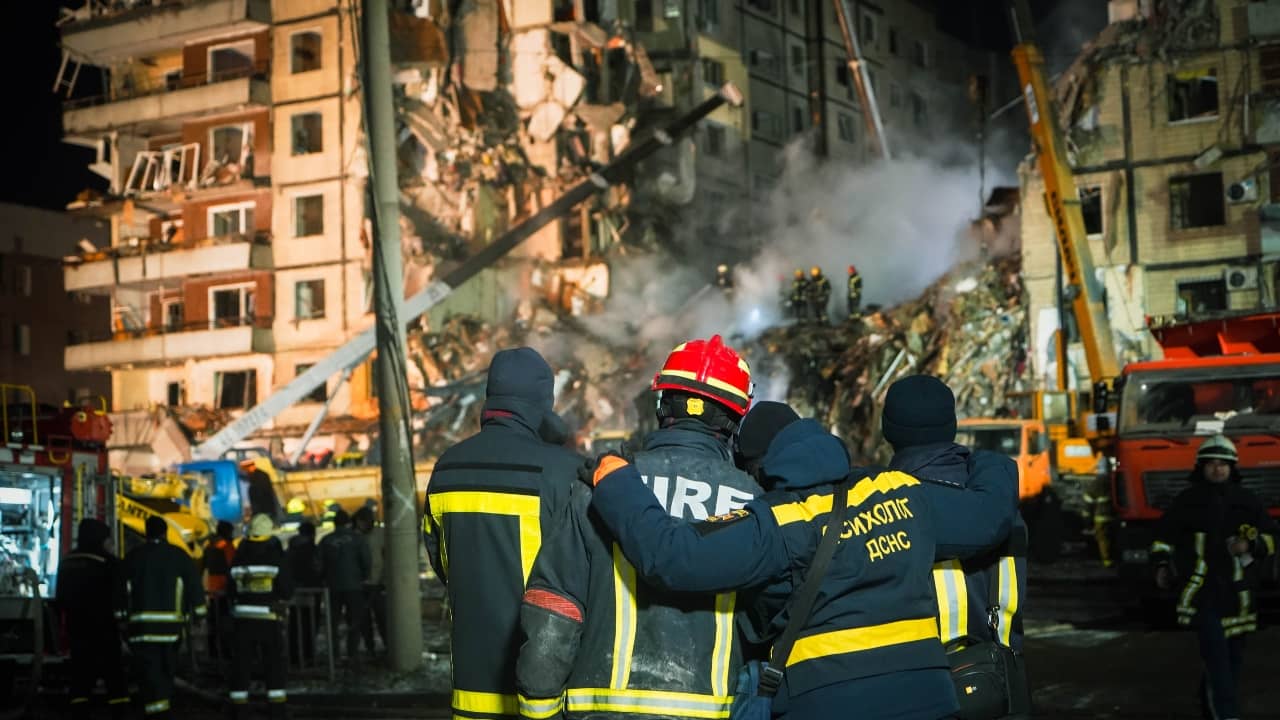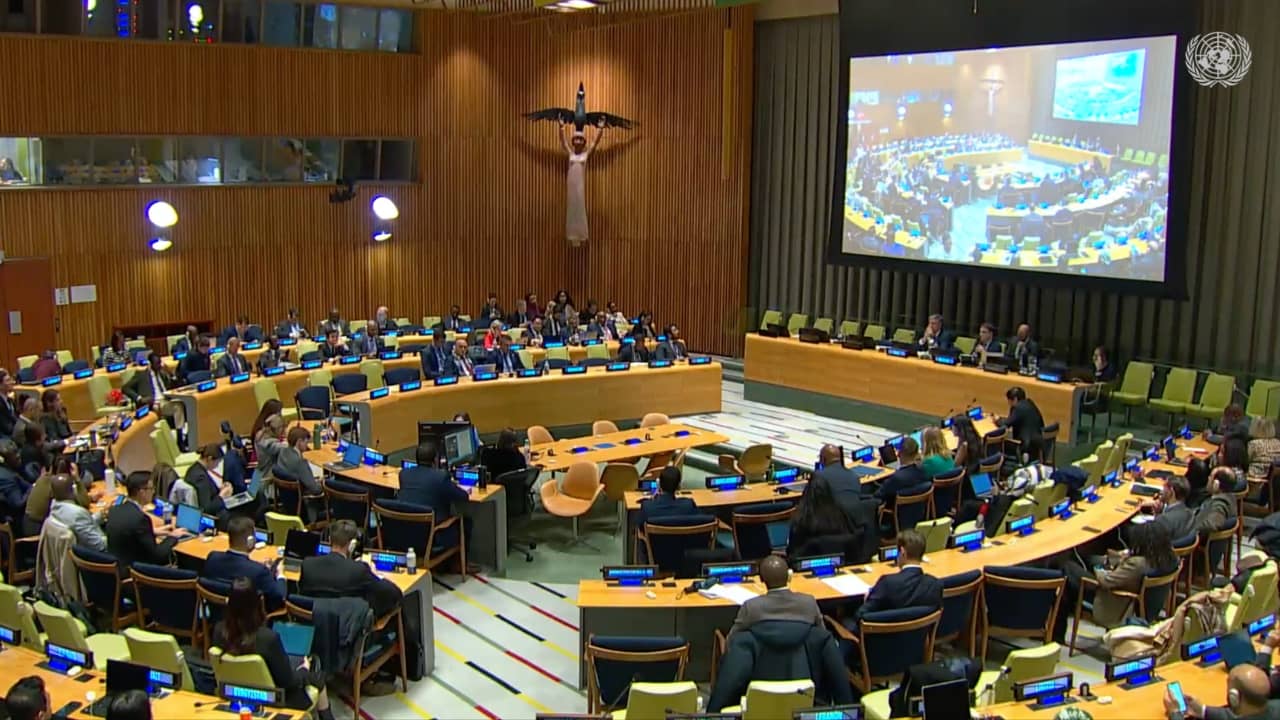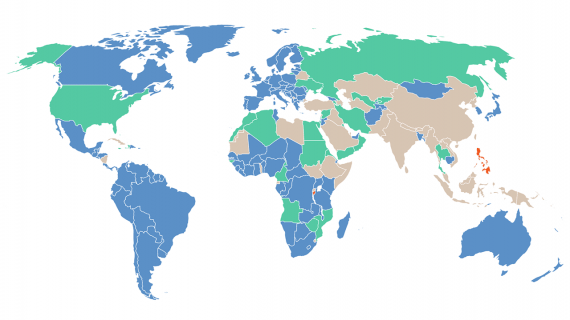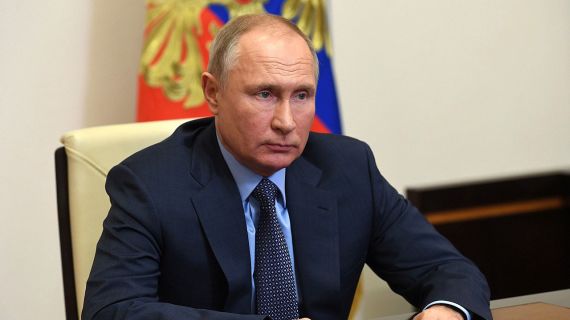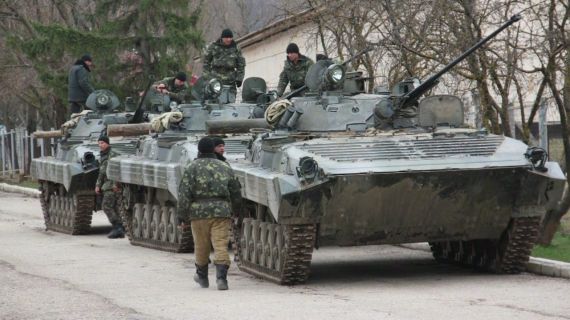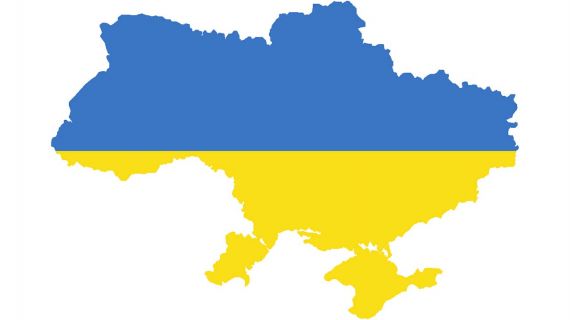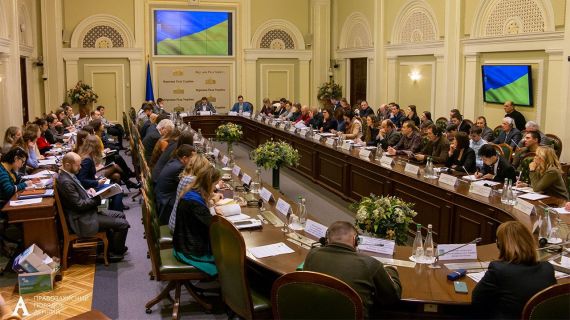On 21 August 2024, with an overwhelming 281 votes in favor out of 328 MPs present, the Verkhovna Rada adopted the Law to Ratify the Rome Statute of the International Criminal Court and its amendments (available in Ukrainian), in a powerful statement of Ukraine’s commitment to international criminal justice and accountability.
PGA, alongside its Ukrainian members, warmly welcomes and celebrates this landmark decision, for which we have long advocated. In particular, PGA extends its deepest congratulations to the dedicated parliamentarians, including Mr. Denys Maslov, Ms. Maryna Bardina, Mr. Sergii Ionushas, and especially Dr. Galyna Mykhailiuk, the Chairwoman of the PGA Ukraine National Group, whose tireless efforts have culminated in this critical achievement.
Dr. Galyna Mykhailiuk, MP (Ukraine), Representative of the President of Ukraine in the Parliament of Ukraine, Deputy Head of the Committee on Law Enforcement, Chairwoman of the PGA Ukraine National Group:
Dr. Galyna Mykhailiuk
MP (Ukraine)
Today is a historic day: the Verkhovna Rada of Ukraine ratified the Rome Statute of the International Criminal Court and its amendments, submitted by the President of Ukraine. The initiative is aimed at implementing Ukraine’s obligations according to the Association Agreement between Ukraine and the European Union, article 8 in particular.
The Parliament’s adoption of the respective law will ensure effective investigation and criminal prosecution of those who committed heinous crimes, as well as prevention of such crimes in the future. We must make sure that the horrors of war are never repeated again.
The Rome Statute ratification will also allow Ukraine to become a full-fledged member of the International Criminal Court, participate in the Assembly of States Parties to the Rome Statute, and nominate candidates for the ICC judges and prosecutors positions.
Since the occupation of Crimea in February 2014 and the full-scale invasion by Russian forces on February 2022, Ukraine has faced immense challenges. Ratifying the Rome Statute is therefore a vital step in securing justice and reinforcing Ukraine’s pledge to uphold international rule of law.
This long-awaited progress began in 2016, when the Verkhovna Rada, with the support of PGA, amended the Ukrainian Constitution to recognize the ICC’s jurisdiction, removing all legal obstacles to the ratification of the Rome Statute, which was signed on 20 January 2000. However, a transitional provision was added to the amendment so that such modification was due to enter into force three years after the publication of the law, ie on 30 June 2019. Further institutional delays postponed the ratification process, prompting continuous advocacy from civil society organizations, including PGA, for this crucial step to be reached.
The submission of the draft law (available in Ukrainian) by President Volodymyr Zelensky on 15 August 2024, hence affirmed Ukraine’s determination to join the international community in its efforts to ensure respect and enforcement of international justice. Today, the Ukrainian Parliament rose to the occasion.
Once the law is signed into law by the President, the Rome Statute will officially enter into force on the first day of the month following the 60th day from the date of deposit of the instrument of ratification with the Secretary-General of the United Nations.
Nevertheless, it is worth noting that the adopted draft law includes a clause that delays the ICC jurisdiction over crimes committed by Ukrainian nationals for seven years. PGA calls on Ukraine to reconsider this aspect to fully align with the principles of international justice and guarantee equal access to justice for all victims.
PGA remains committed to supporting Ukraine in this next chapter of its journey towards justice and accountability, including by continuing its efforts to fully implement the Rome Statute and its amendments provisions within its domestic legal system.
Reflections by Ms. Oleksandra Matviichuk, Ukrainian Human Rights Lawyer, Head of the 2022 Nobel Peace Prize awarded Centre for Civil Liberties and recipient of PGA’s 2022 Defender of Democracy Award:
Ms. Oleksandra Matviichuk
Chairwoman, Center for Civil Liberties, Ukraine
Ratification of the Rome Statute is an event of a historical scale. This means that Ukraine accepts as an axiom that mass violence must be punished. And if there is not enough power in the state itself, then there will be an international court.
I am glad that the President and the Verkhovna Rada had enough political will to finally make it happen. I hope that there is enough strength to continue comprehensive changes to the Ukrainian Criminal Code and Criminal Procedural Code – crimes against humanity, war crimes, universal jurisdiction and much more.
For me, it's a personal story.
In February 2014 after mass shootings on the Maidan, we at the Euro Maidan SOS called on Parliament to ratify the Rome Statute. They continued to work with parliamentarians on multiple declarations that allowed the ICC to open an investigation and issue a warrant for Putin's arrest. I was the author of the first submission on the "Ukrainian case" to the ICC. And then there was the first win. We on the Law Agenda have made amendments to the Constitution and removed the legal barriers to ratification - allowing us to vote on the Rome Statute today.
So what happened and what work is ahead?
Parliament voted that for the next 7 years Ukraine will not recognize the jurisdiction of the ICC on war crimes committed by Ukrainian citizens. In discussions around this issue, it sounded that it was needed "for the protection of Ukrainian military". But the ICC never persecutes the military. The ICC is only interested in "big fish" - presidents, ministers, generals, chief commanders.
It sounds unexpected, but now the International Criminal Court investigating Russian war crimes may become harder than ratification. Citizens of Ukraine take part in Russian war crimes and crimes against humanity, such as the infamous Commander of the Isolation concentration citizen camp of Ukraine, Denis Kulikovsky, aka “Palych”, who tortured, raped and killed prisoners or war and civilian hostages. How with a ban on investigating his actions, one can twist the chain of orders from Isolation and the Russian Ministry of State Security (MGB) to the administration of the President of Russia, this is still a question.
The ICC had no experience of conducting investigations with such limitations. So I wonder what the public position of the Court will be.
Well, and a couple of words about making changes to the Ukrainian Criminal Code. 98% of crimes committed by the Russians will not be investigated by the ICC, but by the national authorities of investigation and courts. That's why we need to work further on comprehensive changes to the Ukrainian Criminal Code and Procedural Code so that they have the proper legal toolkit.
Congratulations to everyone who fought for ratification all these years. Let's keep working!

